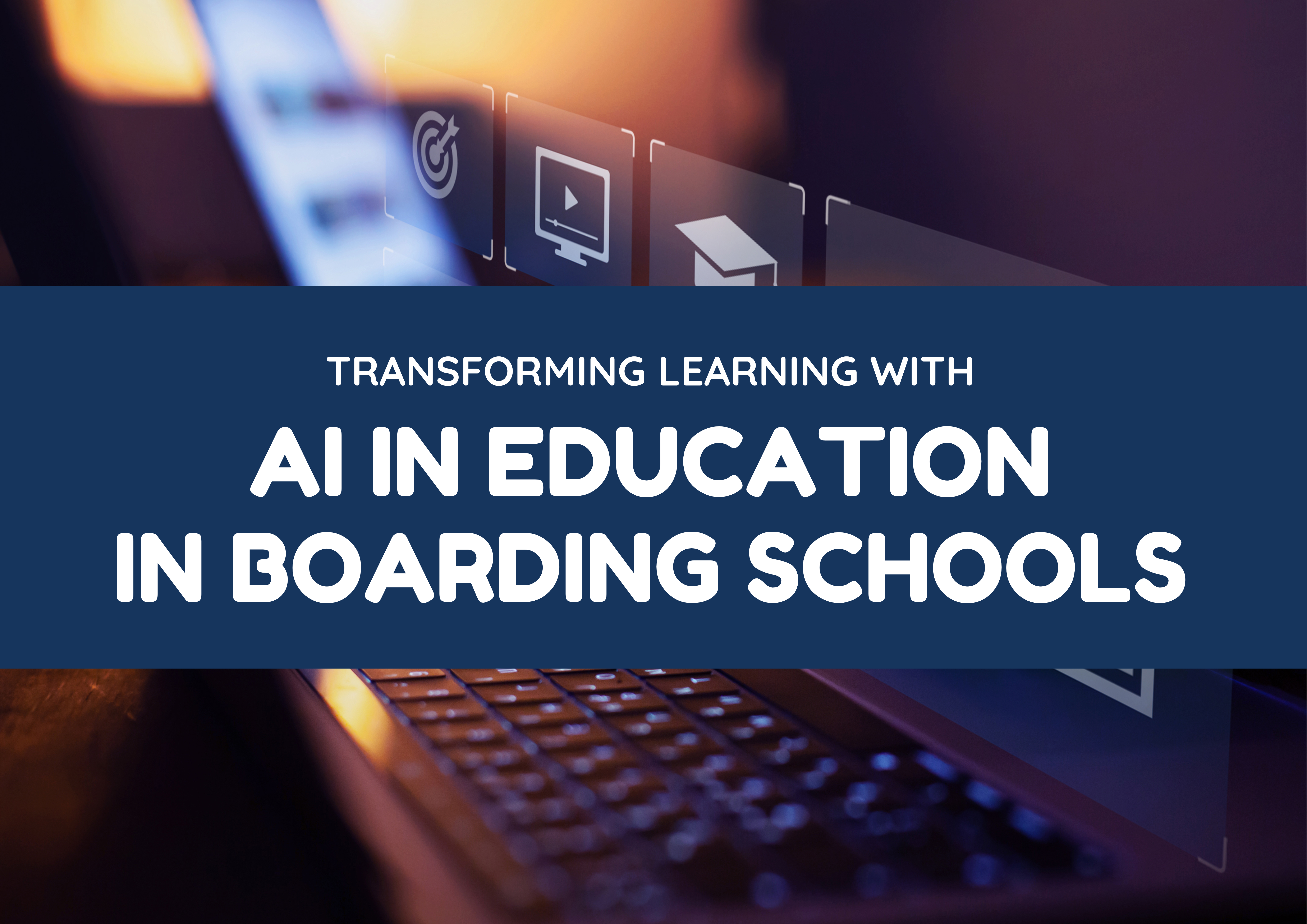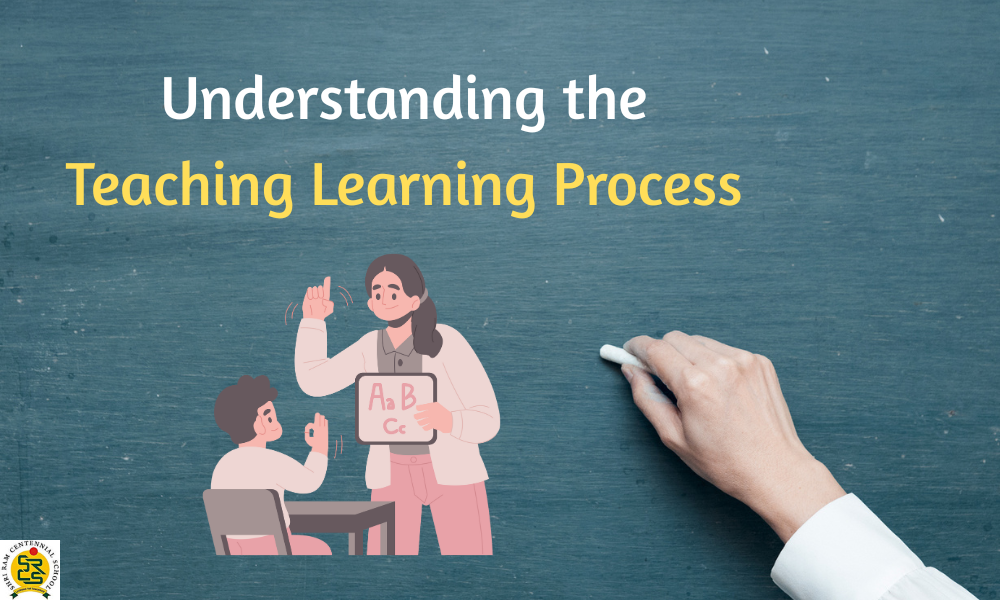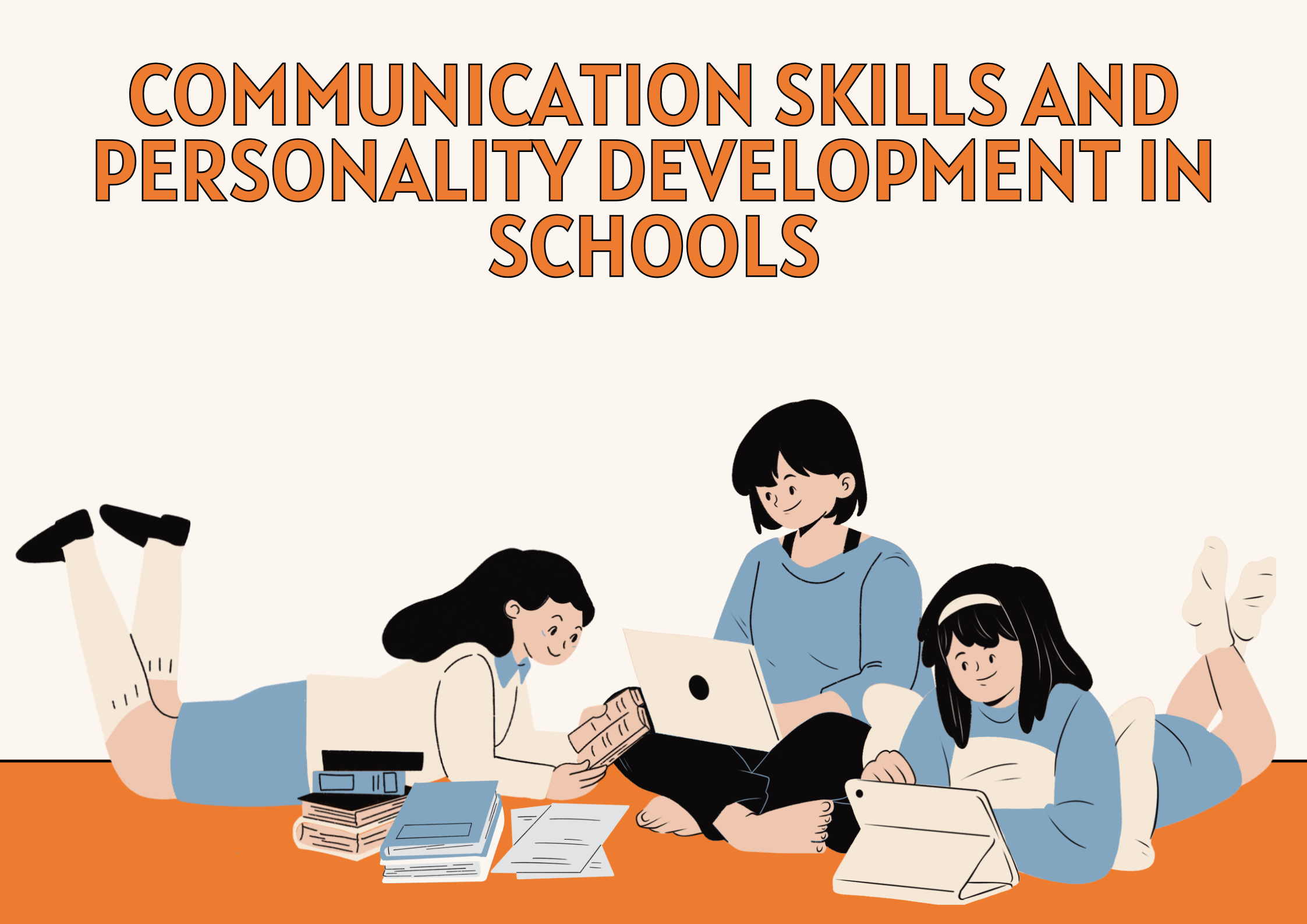Artificial Intelligence (AI) is reshaping education, making learning more personalized, efficient, and engaging. The impact of AI in education is particularly significant in boarding schools, where students require a structured yet adaptive learning environment.
In boarding schools, where students live on campus and require a well-structured academic environment, AI is proving to be a game-changer.
From AI-powered virtual tutors to automated grading and AI-driven security systems, these technological advancements are enhancing the overall educational experience.
The Role of AI in Boarding Schools

Boarding schools offer a unique educational setting where students immerse themselves in learning beyond traditional classroom hours. With AI, these institutions can leverage cutting-edge technology to create adaptive learning experiences, support students with diverse needs, and enhance teacher efficiency.
In locations like boarding schools in Dehradun, AI is playing a vital role in curriculum development, student assessment, and campus security.
AI-powered systems analyze student performance data, providing educators with insights to tailor lessons according to individual strengths and weaknesses.
AI also optimizes campus management, student well-being, and career counseling, making boarding schools more effective and future-ready.
Ways AI is Transforming Learning in Boarding Schools

1. Personalized Learning with AI
AI adapts to each student’s learning style, pace, and strengths. Adaptive learning platforms analyze student performance and tailor lessons accordingly. AI-driven tools such as:
- Smart tutoring systems that provide real-time feedback
- AI-powered assessments that identify weak areas and suggest personalized learning plans
- Gamified learning platforms that keep students engaged
2. AI-Powered Virtual Tutors
AI-based tutoring systems assist students with instant explanations and interactive learning modules. Unlike traditional tutoring, AI tutors are available 24/7, ensuring students receive continuous support.
Platforms like Carnegie Learning and Squirrel AI have demonstrated improved student performance using AI.
3. Automated Administrative Efficiency
AI reduces the workload of educators by automating grading, attendance tracking, and scheduling. AI tools:
- Grade essays and assignments with high accuracy
- Monitor student progress and generate performance reports
- Optimize class timetables for better resource management
4. Enhancing Classroom Engagement
AI-driven platforms such as Kahoot! and Google Classroom make lessons interactive. Teachers use AI-generated quizzes, simulations, and discussion prompts to make subjects more engaging.
5. AI for Special Education and Inclusivity
AI tools support students with different learning abilities by providing:
- Speech-to-text tools for hearing-impaired students
- AI-based reading assistants for dyslexic learners
- Multilingual translation features for international students
6. AI in Campus Security and Well-being
Boarding schools require a safe and secure environment. AI-powered security systems use facial recognition and behavior analysis to detect potential threats.
Additionally, AI chatbots provide mental health support by offering resources and emergency assistance.
7. AI in Career Guidance and College Admissions
AI-powered career counseling tools analyze student interests and strengths to suggest the best career paths. AI also assists in the college admission process by:
- Recommending universities based on academic performance
- Assisting in scholarship applications
- Providing AI-driven mock interviews for college admissions
Challenges of AI in Education

Despite its benefits, integrating AI in education comes with challenges:
- High implementation costs for AI tools and infrastructure
- Data privacy concerns regarding student information
- Teacher training gaps in effectively using AI-driven teaching aids
The Future of AI in Education

As AI continues to advance, boarding schools will witness further improvements in teaching methods, student engagement, and school management.
The future of AI in education may include:
- AI-driven virtual classrooms with holographic teachers.
- AI-powered student mentorship programs for career guidance.
- Fully automated AI-assessed exams for fair and unbiased evaluations.
Boarding schools that adopt AI in education will be better positioned to provide cutting-edge learning experiences, preparing students for the future workforce.
Conclusion
The integration of AI in education is revolutionizing boarding schools, making learning more personalized, efficient, and engaging.
From AI tutors and adaptive learning platforms to automated administration and campus security, AI is transforming every aspect of the boarding school experience.
While challenges exist, the benefits of AI far outweigh the drawbacks, ensuring better academic outcomes, inclusive learning, and efficient school management.
As technology evolves, boarding schools must embrace AI to provide students with an innovative, future-ready education.










